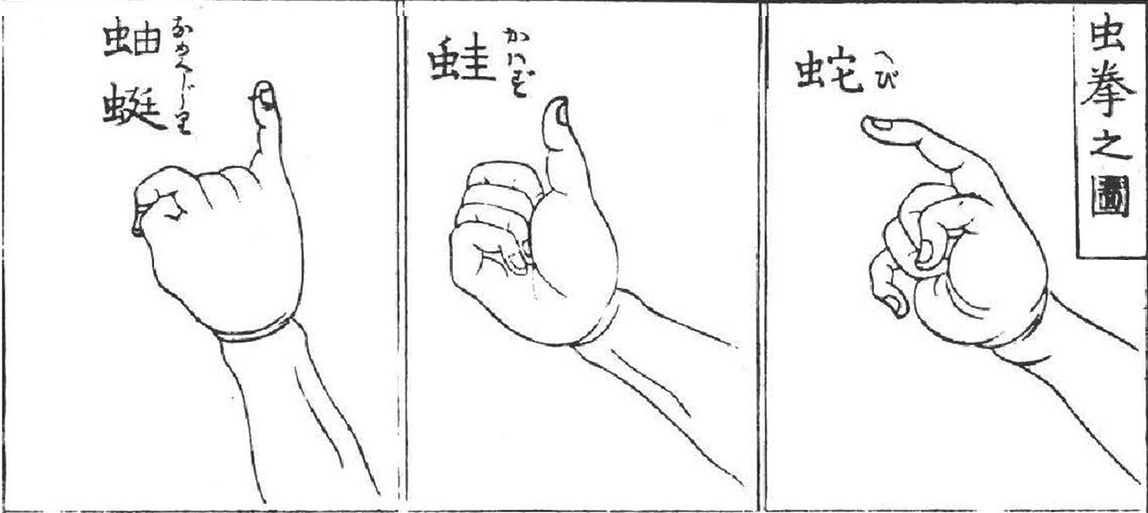This post is supposed to be about the use of games in team-building and social well-being training, but as the kids have just started playing Musical Chairs in the living room and my concentration is being challenged, sonically and beyond, let me share a little curiosity first!
Besides Musical Chairs, my kids love playing Rock-Paper-Scissors! Both are competitive to the core – the kind of ruthless, aggressive take-over games where you win by destroying (if only in your imagination) or eliminating your opponents – there is no middle ground – my win is someone else’s loss! Interestingly, this is a fair reflection of the world we live in (to the grief of many), and it makes one wonder why we choose to instil such self-destructive logic in our children from such a tender age.
However, there is a less existential curiosity here too: while Rock-Paper-Scissors rarely makes anyone cry, it is the game of Musical Chairs that often leaves one or two under-eight-year-olds sulking and wailing. The wailing becomes rarer with age, but the question is: why losing at one game makes the same kids so much more upset than losing at the other?
I have my explanation, but please leave a comment to this post to share yours!
Perhaps I should also add that my kids play the classic versions of the games. Not the original Chinese “frog, snake, and poisonous centipede”! Nor the non-competitive, reverse-logic, everyone-is-a-winner alternatives either – as in where the imaginary rock is reimagined to help sharpen the scissors, and where the scissors are reimagined to complement paper and help make beautiful paper cut-outs, etc. Or, as in the Musical Chairs alternative we once played, where the chairs are removed one by one with each turn, but all the kids remain in the game – helping each other fit on the remaining chairs until they no longer can and that’s when they lose, all at once – think human pyramids that defy logic and break the health and safety regulations! No, my kids play the classic versions, and, historically, when it comes to having a peaceful evening, Rock-Paper-Scissors certainly beats Musical Chairs, but why?
Now that I have passed the question to you, let me return to the subject of using games in team-building and social well-being training. Thanks to the games we have repeatedly played as children, their often-complex patterns and concepts are immediately recognisable by all, and that really helps us, adults, find a common ground! We share deep-rooted affinity with many common game elements and, of course, we all immediately understand the value of games as learning tools due to our childhood experience! So, while games are rarely used in a workplace otherwise, they form an integral part of all the employee training programmes that we offer .
Not that we have used Rock-Paper-Scissors or Musical Chairs, but there are dozens of other fun games that we have adopted and developed to help with communication, self-reflection, accepting the others’ perspectives, mutual respect and understanding, strategic planning, organisational skills, engagement, empathy, and so on! Most of the games we use in our sessions take less than 15 minutes to complete and are suitable for all ages and abilities. We really hope you will try them first hand!

